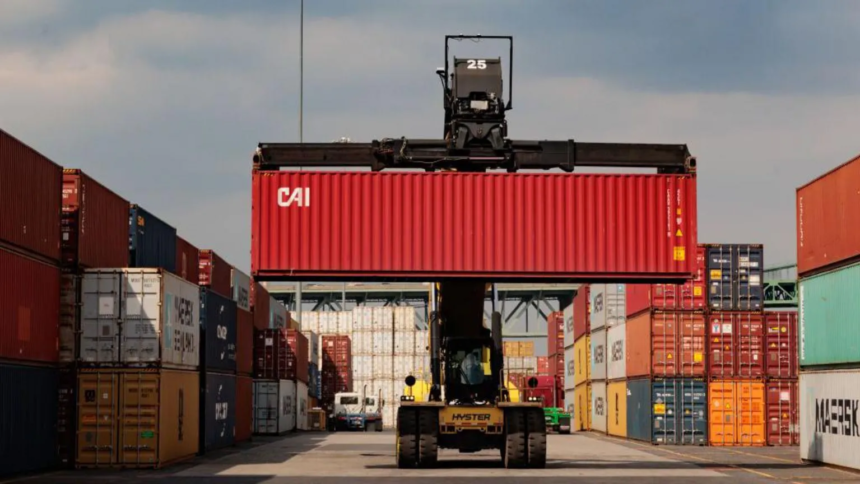US President Donald Trump is ramping up efforts to address what he perceives as unfair trade practices by other countries. In a recent move, Trump signed a memo instructing staff to develop custom tariffs tailored to each country’s trade policies, tariffs, exchange rates, and trade balances. The White House highlighted concerns about the European Union’s policies that disadvantage US exporters, sparking discussions on global trade dynamics.
The memo calls for a plan for “reciprocal trade and tariffs” within 180 days, with Commerce Secretary Howard Lutnick aiming to present a proposal to the president by April 1st. Trump emphasized the goal of attracting investment to the US and boosting domestic manufacturing, emphasizing the importance of fair trade practices.
Countries like India, Vietnam, and Thailand, which have higher tariffs and rely heavily on the US market for exports, are expected to be affected by Trump’s plans. Ahead of a meeting with Indian Prime Minister Narendra Modi, Trump’s announcement spurred discussions on trade relationships with various countries.
Reciprocal tariffs, which are taxes on imports collected by the government, are used to protect domestic sectors from foreign competition. The US historically maintained low tariffs, but the White House cited disparities in tariffs on products like cars and ethanol to justify the need for reciprocal tariffs. Concerns about digital services taxes and VAT rules in Europe further underscore the broader scope of the US’s tariff strategy.
The impact of tariffs on the economy remains a topic of debate, with some experts expressing concerns about the potential costs and uncertainties associated with tariffs. While Trump believes that tariffs will spur manufacturing growth and job creation in the US, surveys indicate public skepticism about the benefits of tariffs and concerns about higher prices for businesses and households.
As Trump’s trade policies evolve, questions persist about the long-term implications for the economy and international trade relations. The ongoing discussions and negotiations surrounding reciprocal tariffs are likely to shape the future of global trade dynamics.








